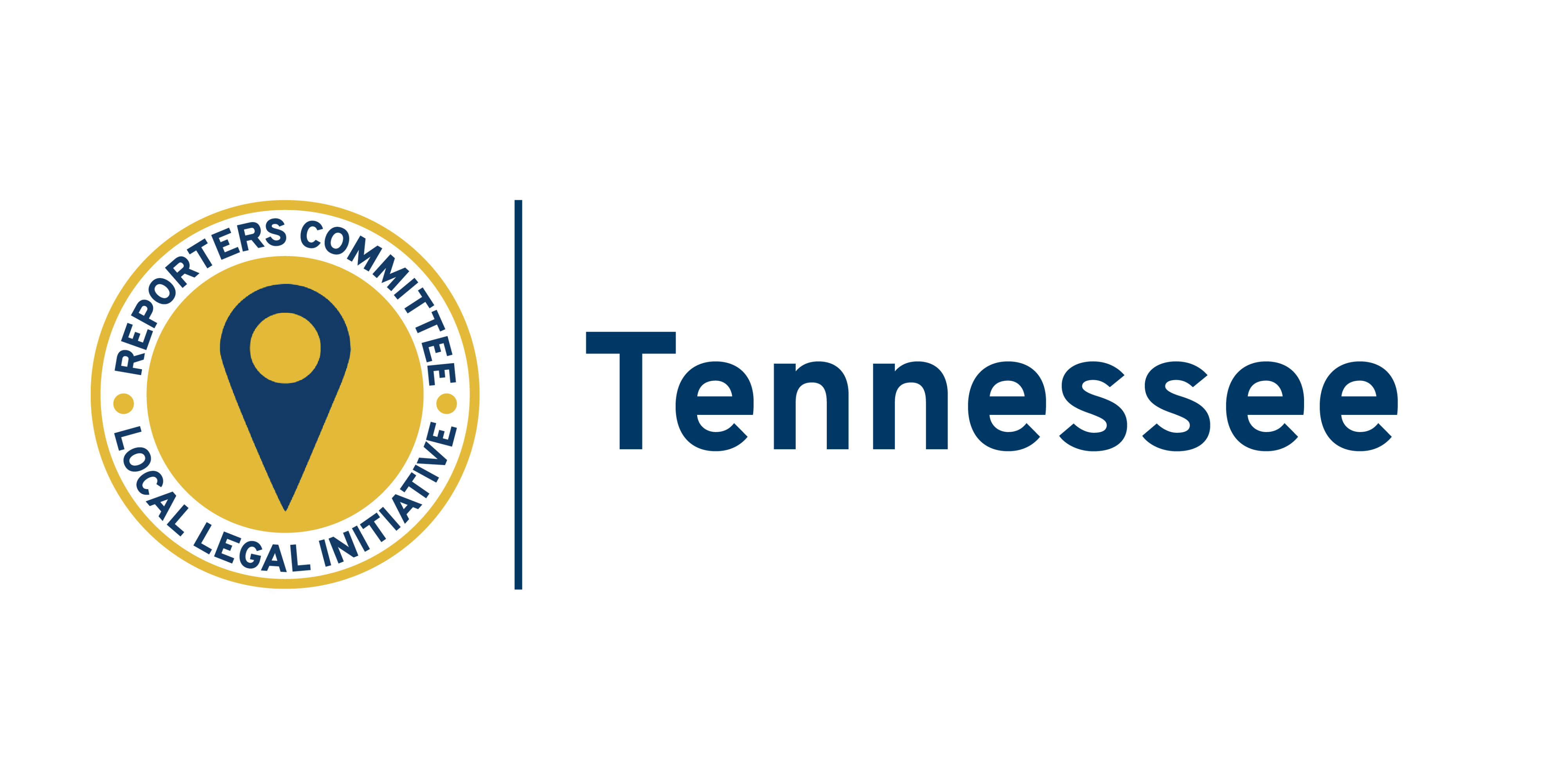On the Docket: How to vet your own stories to reduce legal risk

This column was originally published in the August 2023 issue of The Tennessee Press, the official publication of the Tennessee Press Association.
As a journalist, you take a risk every time you publish a news story. That’s true whether you’re breaking news online or rolling out an investigative series in print.
In a perfect world, that risk would be significantly reduced with the help of an in-house media attorney capable of vetting stories before publication. Unfortunately, few newsrooms can afford to pay an attorney to do this kind of work. And it can be hard to find media attorneys willing to do it for free. My colleagues and I at the Reporters Committee for Freedom of the Press regularly provide free legal vetting to journalists and documentary filmmakers, but our limited resources prevent us from accepting every client.

Don’t despair, though. You can still reduce your legal risk by completing your own “pre-publication review,” a process that goes beyond your traditional editing and fact-checking routines. Doing so takes time, but knowing that your reporting is more likely to survive a lawsuit can help you rest easier at night — and give you the confidence to pursue investigative stories in the future.
In this column, I’ll walk you through a few important tips for vetting your own stories, including a couple that you can check off your to-do list during the newsgathering process, long before you even start typing your first draft.
Be careful with confidential sources: As any editor will tell you, named, on-the-record sources are almost always better than confidential sources. While confidential sources are sometimes crucial to telling a particular story, it’s best to use them with caution, especially when the subject of your reporting has the potential to file a libel lawsuit. Not only do confidential sources breed mistrust among some members of the public, but they can also put you in tricky legal situations. For one thing, there are certain circumstances in which you could be forced to reveal the identity of a confidential source in court, a scenario every journalist wants to avoid. But successfully protecting your confidential source’s identity could end up complicating your ability to defend yourself against a libel suit, in part because you might not be able to call that person to testify on your behalf.
Seek requests for comment: Contacting the subjects of your reporting for comment before publication might sound like a no-brainer, but journalists sometimes cut corners here. Legally speaking, it’s critical that you give the people you are writing about the chance to tell their side of the story, especially if the story accuses them of wrongdoing. This step helps demonstrate that your reporting is unbiased and could serve as an important defense in a libel lawsuit. But the lengths to which you go to reach out for comment matters, too. If you’ve spent months reporting an investigative series about a local politician, it’s not enough to call the person an hour before publication for comment. In a situation like that, you should make multiple calls and send multiple emails that clearly explain what your story is about and why you would like the person to comment. And you should give them sufficient time to respond. Whatever the response — even if it’s just a “no comment” or that they didn’t respond to requests for comment — be sure to include that in your story.
Consider whether the subjects of your story are public officials/ figures or private figures: Public officials (governors, mayors) and public figures (corporate leaders, celebrities) must prove what’s known as “actual malice” to prevail in a libel suit. In other words, they must establish that you knew or strongly suspected that a statement you published was false when you made it. That’s a much higher legal bar than the one that applies to private figures, who can succeed in a libel lawsuit merely by showing that a false statement that injured their reputation was made with negligence. Because actual malice is widely misunderstood, my colleagues at the Reporters Committee recently published a helpful explainer.
Rely on official documents as much as possible: Under what’s known as the “fair report privilege,” you are protected from liability if you fairly and accurately report on government records, court documents, and official statements made by public officials. In Tennessee, however, this privilege does not extend to non-public comments that a public official may make during a private interview with a reporter. The Tennessee Supreme Court held in 2019 that “the fair report privilege applies only to public proceedings or official actions of government that have been made public.” Be sure to state in your story when information you are relying on is attributable to official documents or actions so that it’s clear that the fair report privilege applies.
For more information, check out the Reporter’s Committee’s Guide to Pre-Publication Review.
Paul McAdoo is the Tennessee Local Legal Initiative attorney for the Reporters Committee for Freedom of the Press. He is based in Nashville.